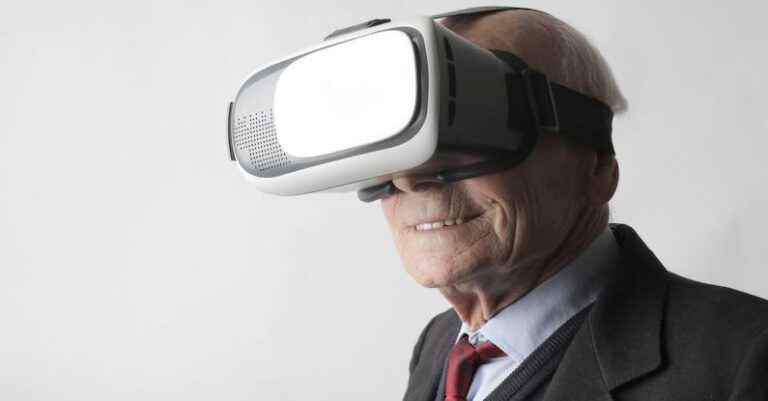When to Implement Technology-free Zones?
In today’s digital age, technology has become an integral part of our lives. From smartphones to laptops, we are constantly connected to the internet and surrounded by screens. While this connectivity has its benefits, there are also downsides to our overreliance on technology. It is for this reason that the concept of technology-free zones has gained popularity. These designated areas are meant to provide a respite from the constant stimulation of technology. But when is it appropriate to implement such zones?
1. In Educational Institutions:
One of the most crucial places where technology-free zones can be implemented is in educational institutions. While technology has undoubtedly enhanced the learning experience, it can also be a distraction. Students may be tempted to browse social media or play games during class, diverting their attention away from the lesson at hand. By establishing technology-free zones in classrooms or designated study areas, students can focus solely on their studies, promoting better concentration and improved academic performance.
2. In Workplaces:
Workplaces are another setting where technology-free zones can be beneficial. The constant influx of emails, notifications, and messages can be overwhelming and hinder productivity. By introducing technology-free zones, employees can have dedicated periods without the distraction of technology, allowing them to concentrate on their tasks without interruptions. This can lead to increased efficiency and a more focused work environment.
3. In Public Spaces:
Public spaces, such as parks, libraries, and cafes, are areas where people often seek respite from the demands of daily life. However, with the proliferation of smartphones, these spaces have become extensions of the digital world rather than sanctuaries of tranquility. Implementing technology-free zones in public spaces can encourage individuals to disconnect from their devices and engage with their surroundings. This promotes social interactions and fosters a sense of community among people who may otherwise be absorbed in their virtual lives.
4. In Social Gatherings:
In recent years, it has become increasingly common to see people engrossed in their smartphones even during social gatherings. This excessive use of technology can detract from the quality of face-to-face interactions. By implementing technology-free zones during social events, individuals are encouraged to put their devices aside and engage in meaningful conversations. This not only strengthens personal relationships but also promotes a sense of presence and mindfulness in the moment.
5. In Bedrooms:
The bedroom is a space traditionally associated with relaxation and sleep. However, many people have a habit of using their smartphones or tablets in bed, which can disrupt sleep patterns and hinder restful nights. Designating the bedroom as a technology-free zone can help individuals establish healthier sleep habits by reducing exposure to the blue light emitted by screens and minimizing nighttime distractions.
In conclusion, the implementation of technology-free zones can be beneficial in various settings. Whether in educational institutions, workplaces, public spaces, social gatherings, or bedrooms, these zones provide the opportunity to disconnect from technology and focus on the present moment. By doing so, individuals can improve their concentration, productivity, and overall well-being. So, the next time you find yourself overwhelmed by the constant barrage of technology, consider implementing a technology-free zone in your life.






